Diabetes Reversal
The human pancreas produces a hormone called insulin which helps regulate blood sugar levels. It is an essential hormone to keep blood sugar levels in the normal range. However, if our body develops a resistance to this hormone it can lead to several health complications which are collectively called insulin resistance syndrome. By the word resistance, it means that the body does not respond to insulin as it should.
In the case of diabetes, there might be two etiologies,
- The pancreas may fail to produce insulin or its level is unnoticeable.
- The pancreas is secreting insulin normally but body cells become unable to respond.
In either case, glucose level keeps on increasing in the blood, and body cells won’t be able to function properly due to a lack of glucose.
Types of Diabetes
Diabetes could be categorised as:
Type 1 diabetes
Type 2 diabetes
Prediabetes
Gestational diabetes
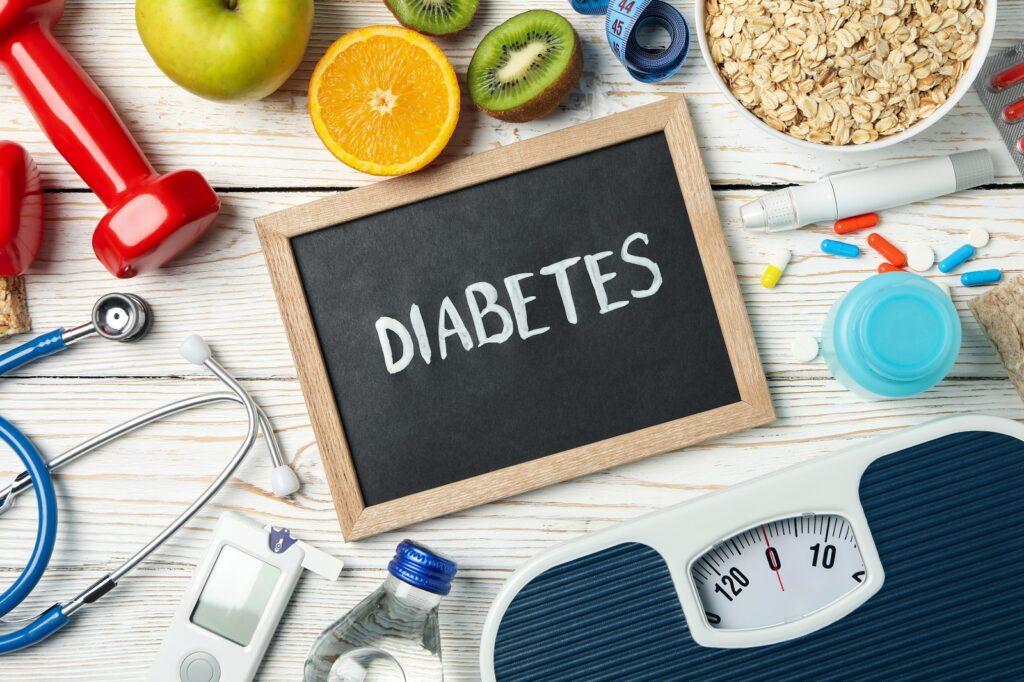
Diabetes Type 1
Beta cells are targeted by the immune system. It will destroy beta cells, which are insulin-producing cells. So insulin production ceases resulting in elevated glucose levels. This condition is known as diabetes type 1. This state is commonly associated with children and young individuals, so named juvenile diabetes.
Diabetes Type 2
In type 2 diabetes, there is no involvement of immunity however, beta cells get affected as a result of a pathological condition. The pathological condition might be due to an underlying disease or trauma to the pancreas.
Prediabetes
This condition arises prior to type 2 diabetes. There is an elevation in blood glucose level but couldn’t be diagnosed as type 2, as glucose levels are below the border line for type 2 diabetes.
Gestational Diabetes
As the name indicates it is diagnosed in females during pregnancy. It usually goes away after delivery but in some cases, it may lead to type 2 diabetes.
Rare types of diabetes may include;
- Cystic fibrosis-related diabetes
- Monogenic diabetes syndromes
- Drug or chemical-induced diabetes
Here, our topic of concern is type 1 and 2 diabetes, so we will discuss them in detail.

Causes
Type 1 diabetes
Lethal bacteria and viruses act as foreign bodies and are attacked by the body’s immune system. In type 1 diabetes autoimmune reaction takes place i.e., beta cells (insulin production unit) in the pancreas are attacked and destroyed by the immune system. So, the pancreas will no longer be able to produce insulin.
Dietary intake and way of living have nothing to do with type 1 diabetes as it is linked with autoimmunity either due to genetic or environmental influence.
Type 2 diabetes
Insulin resistance plays a significant role in type 2 diabetes occurrence. In this type, insulin is being produced by the body but couldn’t be utilized by the body. The pancreas has to do overtime to fulfill insulin requirements by the body, meanwhile, glucose kept on accumulating in the bloodstream. The major factors involved in it are physical/ environmental. Overweight or an inactive person is more likely to develop insulin resistance.
Risk Factors
Type 1 diabetes
Risk factors of type 1 diabetes are as follows;
- Pancreatic injury (tumor, accident, surgery, infection)
- Family history (genealogy)
- Physical stress (medical illness, surgery)
- Viral infections
Type 2 diabetes
Risk factors linked with type 2 diabetes are;
- Family history
- Geographical location
- Overweight
- hypertension( high blood pressure)
- High triglycerides
- Low HDL cholesterol
- Cardiovascular diseases
- Age (more probability at 45 or above)
- Physical inactiveness
- Polycystic ovary syndrome
- Gestational diabetes
- Smoking
Symptoms
In type 1 diabetes symptoms may appear within a period of a few weeks or months. Its symptoms start developing at a younger age. While type 2 diabetes may remain unnoticed for several years. It is mostly diagnosed in elder people. The high blood glucose levels in the blood may lead to the following symptoms;
- Polydipsia ( increased thirst)
- hyperphagia (increased hunger)
- Dysuria (frequent urination)
- Fatigued
- Refractive errors (blurred vision)
- Skin dryness
- Delayed healing process
- Lower immunity so easily get infections
- Paresthesia of limbs (numbness or tingling)
- Mouth dryness, Anemia, Weight loss
- Urinary tract infections (UTI) or fungal infections in females
- Reduced sex drive, muscle strength, or erectile dysfunction in males
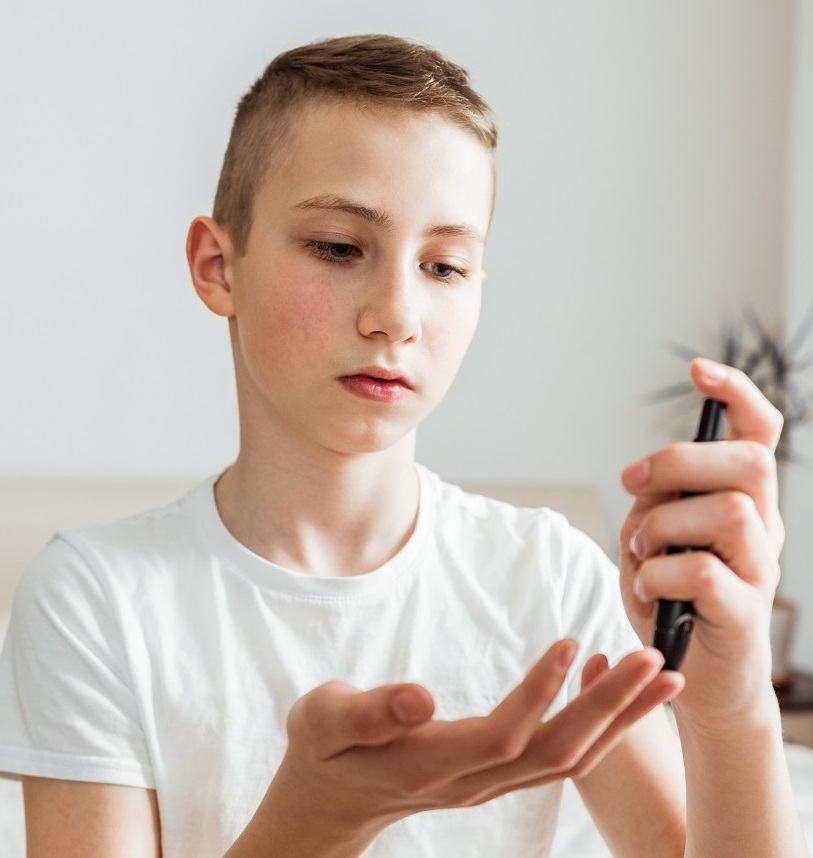
Complications
A rise in blood glucose level for a longer period may lead to several pathological conditions. It would affect multiple organs in the body. Few complications associated with diabetes are as follows.,
- Cardiovascular diseases
- Chest pain
- Heart attack
- Coronary artery disease
- High blood pressure
- Stroke
- High cholesterol
- Atherosclerosis
- Neuropathy
- Nerve damage causing paresthesia (numbness) of toe or fingers origin
- Nephropathy
- Kidney damage may lead to its failure. A kidney transplant or dialysis is the only solution for kidney failure.
- Retinopathy
- Eye damage causing cataract, glaucoma, or blindness
- Delayed healing
- Nerve damage
- Poor blood flow
- Dermatitis
- Depression or anxiety
- Dementia(memory loss)
- Skin infections.Erectile dysfunction
- Dental problems
Tests Prescribed By Medical Specialist To Diagnose Diabetes
HbA1C
This test is performed by taking a blood sample of the patient to monitor blood glucose level for the past 2-3 months. Also named glycated hemoglobin or HbA1C.
Oral glucose tolerance test
OGTT assesses the glucose utilization by the body. The sugary drink is offered to the patient and the blood glucose level would be checked 2hrs before and after drink intake.
Fasting plasma glucose test
In the FPG test one has to remain empty stomach for at least 8 hours. Blood glucose levels will be measured during the fasting period. This is mostly performed prior to breakfast.
Random plasma glucose test:
It is not a time-bound test and there is no need for fasting to conduct it.
Treatment
Treatment may differ for both types of diabetes and it relays on how well we would be able to control blood glucose levels.
Type 1 diabetes
As in this type, the pancreas fails to produce insulin. So, the only solution for it is to take insulin on daily basis.
Type 2 diabetes
Type 2 diabetes could be treated by insulin intake along with lifestyle amendments like regular exercise, weight loss, a healthy diet, and an active routine.
Routes Of Insulin Intake
Insulin can be prescribed to diabetic patients in several ways. These routes are as follows.,
- Needle and syringe
- Insulin pen
- Insulin inhaler
- Insulin pump
- Jet injector
- Insulin injection port
- Closed loop insulin delivery system (Artificial pancreas)
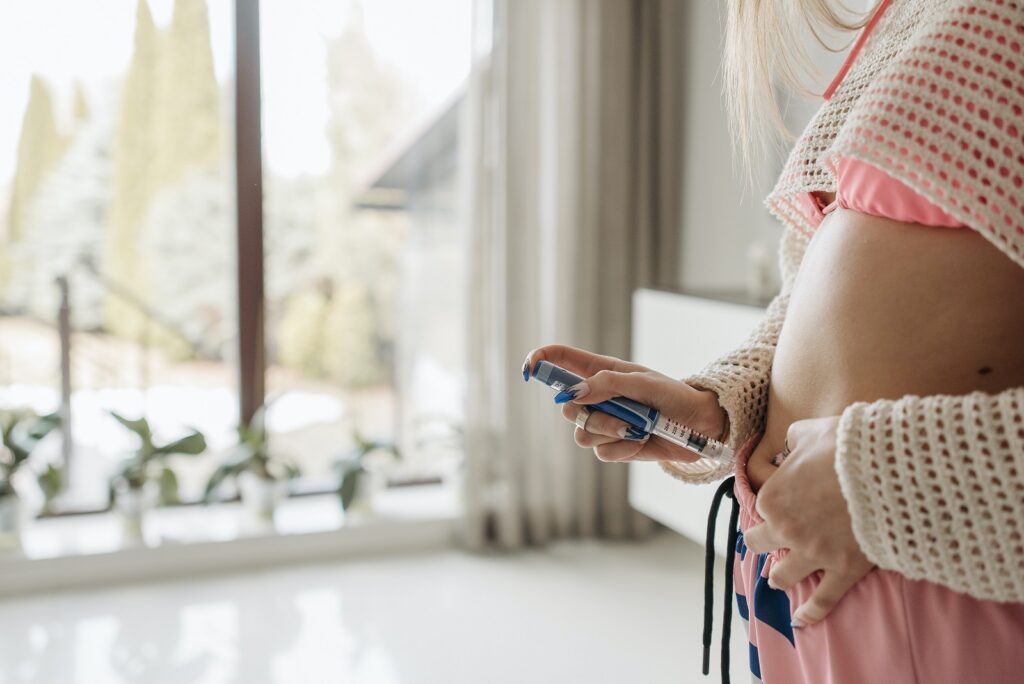
Prevention
Diabetes of genetic origin can’t be controlled as it’s in one’s family history but physical factors could be prevented. These are mentioned below.,
- Physically active lifestyle
- Healthy diet intake
- Weight loss strategies
- Avoid stressful environment
- Increase water intake
- Quit smoking
- Proper sleeping patterns
- Regular monitoring of blood glucose levels
- Medicine prescribed by the healthcare practitioners to avoid complications
- Regular intake of diabetes medicines either pills or insulin
Diabetes Reversible
A frequently asked question by our patients is whether it’s possible to reverse diabetes and we try our level best to encourage and satisfy them. It depends upon the type of diabetes one is suffering from or its stage and complications associated with it.
Unfortunately, type 1 diabetes is irreversible as it is a genetically originated auto-immune disorder. Insulin has to be taken by the patients to survive. Scientists have introduced an insulin pump as an artificial pancreas to keep glucose within the desirable range. Pancreas transplant or pancreatic islets transplant is an innovative way to cure it.
Luckily type 2 diabetes could be reversed by a continuous struggle. All the risk factors linked with the disease have to be reversed. The changes on have to be adopted are as follows.,
- Regular exercise
- Clean eating
- Weightloss
- Reduce cholesterol level
- Monitor blood pressure
- Bariatric surgery for stomach size reduction
So, in a nutshell, we could treat and prevent diabetes effectively.

Diabetes Reversal Program By Dr. Waseem
Dr. Waseem launched an innovative project under the name of ‘The Diabetes Reversal Program. This initiation acts as a pin one’s hopes on people who have been disappointed with diabetes reversal. The conventional treatment of diabetes includes insulin intake as lifelong therapy. Dr.Waseem as a dietitian and fitness trainer treated his patients and successfully reverse their diabetes through lifestyle modification. He believes that medicines prescribed for diabetes reduce sugar level but insulin level remains the same. So, our major target is to lower insulin levels and the body will be under normal physiological conditions. His focus is on following alterations in lifestyle to reverse diabetes.,
- Keto diet plans include high fat and low carbohydrate diet i.e ., less than 30% carbohydrates
- Intermittent fasting
- Regular exercise as lean muscle mass increases insulin receptors. As a result, it lowers insulin levels in the body.
- Reduce whole grams or wheat intake
- Proper sleep pattern
- Reduce weight
- Avoid stress
- Supplements having high protein and low carb values
- Multivitamins for vitamin D and B1 deficiency management
- Regular monitoring of blood glucose level. A fasting test is preferred and the desirable level is below 8.
Dr . Waseem has been treating his diabetic patients by following his keto diet and regular workout plans including stretch exercises, squash, full body workout, etc. He prescribed supplements to his patients to overcome vitamin and mineral deficiencies. Once the blood glucose levels came under the normal range, one could live a healthy life ahead without any need for further drug intake.
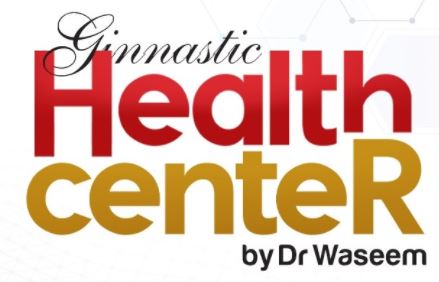
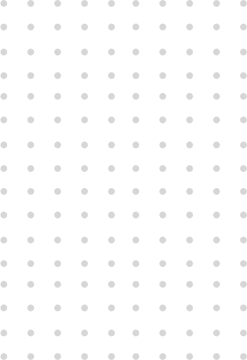
An Ultimate Solution to your Fitness & Health Problems
The Ginnastic Health Center in Rawalpindi, Islamabad and Lahore is a state-of-the-art clinic with one of its kind modern health services in Islamabad that is offering a complete range of treatments for a variety of health care concerns including chronic illnesses and pain management.
